Our Postgraduate Research Community
Home to almost 200 research students, the postgraduate community in Arts, English and Languages is one of the largest in the UK or Ireland with students working on a range of theoretical, historical, practice-based and technical projects across the School. The international student population is extremely valued and serves to establish word-wide graduate networks reaching Asia, Latin America, Europe and North America. The School offers PhD programmes in all areas of staff research expertise and interests. PhD programmes can consist of thesis only, portfolio of creative practice with commentary and a hybrid submission which combines a written thesis with practice based work.
The School's Core Disciplihnary Research Groups (CDRGs) run regular reading groups, seminar series and other events, at which either guest speakers, School staff or graduate students present papers. These are often on interdisciplinary themes and all postgraduate students are encouraged to attend. Our PGR students regularly run their own events both of an academic and social nature. All postgraduate students automatically have access to the Graduate School, and this provides an additional and valuable base for studying or socialising.
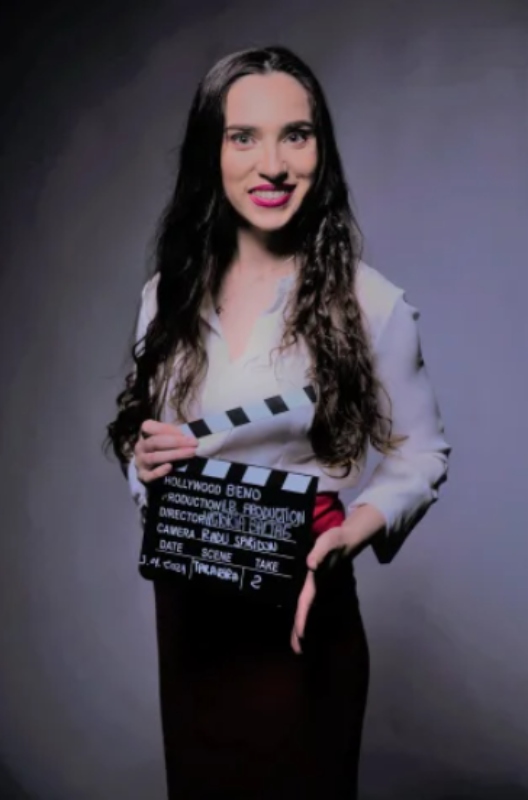
My research focuses on media specifications (sound, music, times) and the language of cinema as a product of modernism movement in the interbellum era, analysing the work of Benjamin Fondane.
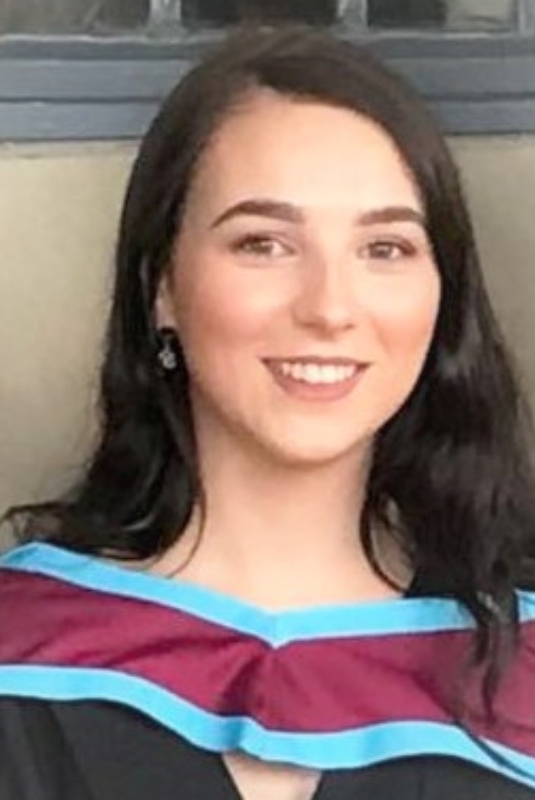
Margaret Cunningham is a second year PhD candidate in French. Her thesis, 'Narratives of Disaster in the French Caribbean', explores the ways in which writers bear witness to, measure and repress the cultural implications of disaster through fiction. Central to this study is the 1902 eruption of Mount Pelée, the worst volcanic disaster of the twentieth century. Examining the literary works of authors of different genders and ethnic backgrounds, writing in different eras and geographical spaces, this project considers how conceptualizations of this disaster have changed over time, and the extent to which these representations are influenced by racial and gender politics. This thesis seeks to make an important contribution to the interface of Francophone studies, Postcolonial studies and disaster studies.
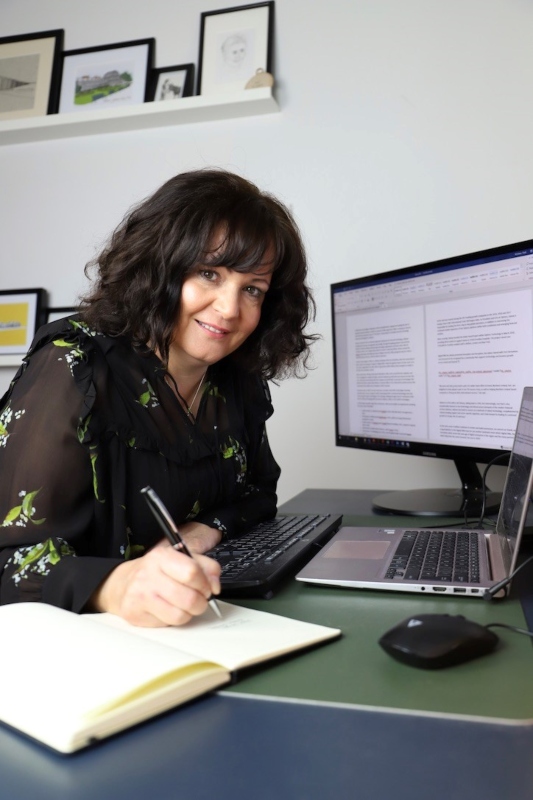
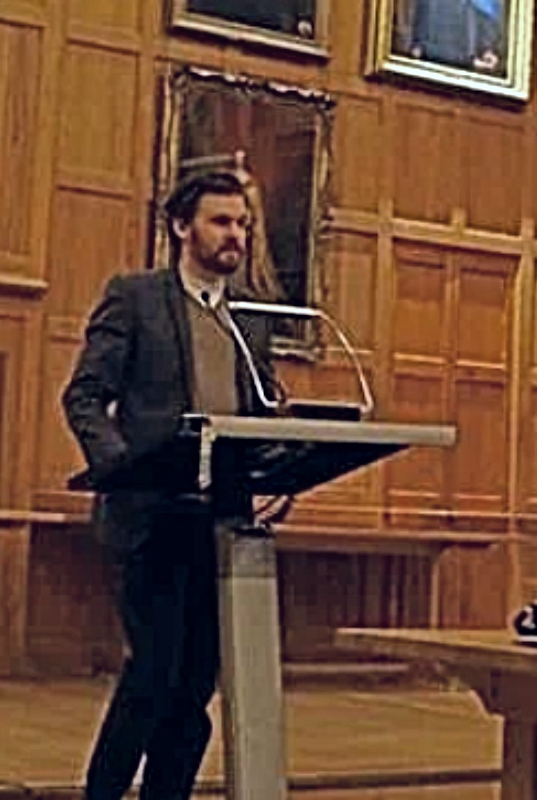
Richard Gallagher's research is concerned with analysing the cinematic representation of Northern Irish unionists with a particular focus on feature length fiction films. The period from 1981 is of interest as before it only several films released in cinemas featured identifiable unionists in some way. Within this context, specific focus is on the perceived cinematic deficit in fiction films about the Northern Irish conflict concerning unionism being depicted more critically and less frequently than Irish nationalism. He adopts a methodology which consists of a textual reading of films that received a cinematic release and an understanding of the socio-historical context in which the films were produced.

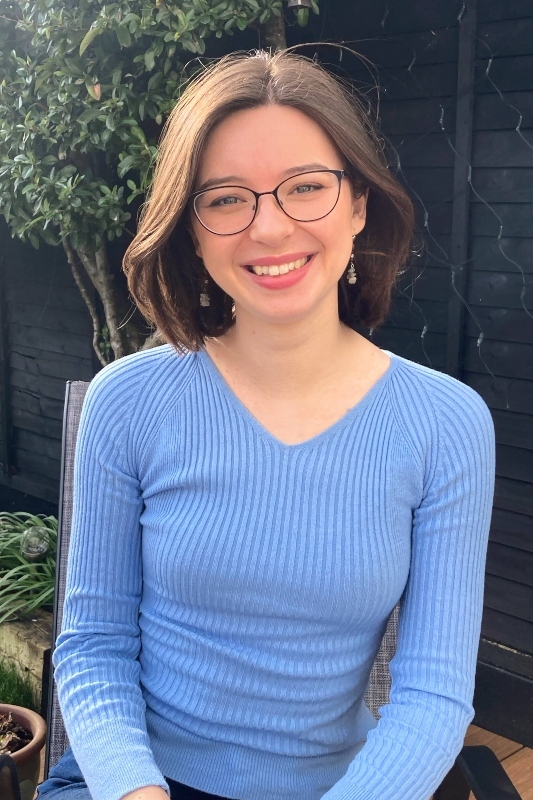
My thesis seeks to make a contribution to the intersecting fields of crime fiction and gender studies by examining the representation of criminal women in contemporary French fiction. The novels in my corpus span the best part of the last decade (2011-2020) and represent several literary genres, from general fiction to the police procedural and the emerging crime fiction subgenre of domestic noir. This diverse corpus is united by shared themes of the gendered exercise of agency, the consequences of sexual violence, and oppressive ideologies about the nature and destiny of women under patriarchy. It is ideally suited to the application of an intersectional feminist lens, which I deploy to interrogate the novels’ re-working of mythological and psychosocial stereotypes about criminal women. My thesis also analysis the disruptive nature of criminal women with regard to knowledge acquisition in criminal investigations – particularly relevant in the wake of recent social justice movements which interrogate the (im)possibility of accountability under patriarchal systems of criminal justice. I further apply space and affect theory to evaluate the aesthetics of crime scenes, both domestic and urban, and how they figure in the public imagination about crime perpetrated by women.
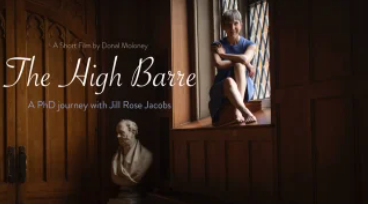
From a short film by Donal Moloney The High Barre: A PhD journey with Jill Rose Jacobs
“So all of this is pointing to a story in which dance is good not just for movement but also for motivation, for emotion and sense of self because it has to do with the way that the brain and the body connect to each other and they’re not just distinct parts.” Dr Matthew Rodger, Senior Lecturer, School of Psychology
“She works a lot with my students and teaching them body awareness, breathing, and maybe to think about the way they move they’re onstage. That’s one particular aspect of her work and that’s how it’s connected to the music department here at Queen’s which has been really fascinating for me. I’ve regularly been inviting her to work with my music students; they might be opera singers, also very traditional musicians, and, some that might be more experimental, but they all have in common that they have to go onstage and use their bodies to speak to an audience.” Dr Franziska Schroeder, Reader, School of Arts, English and Languages
“What brought me to the Ph.D. program was thinking that dance training as it’s done is antiquated. It’s not meeting the demands or serving the demands of the practitioner. And this is exactly what the research says. I didn’t know that. I thought this was just an observation as a teacher.” Jill Rose Jacobs, PhD researcher.
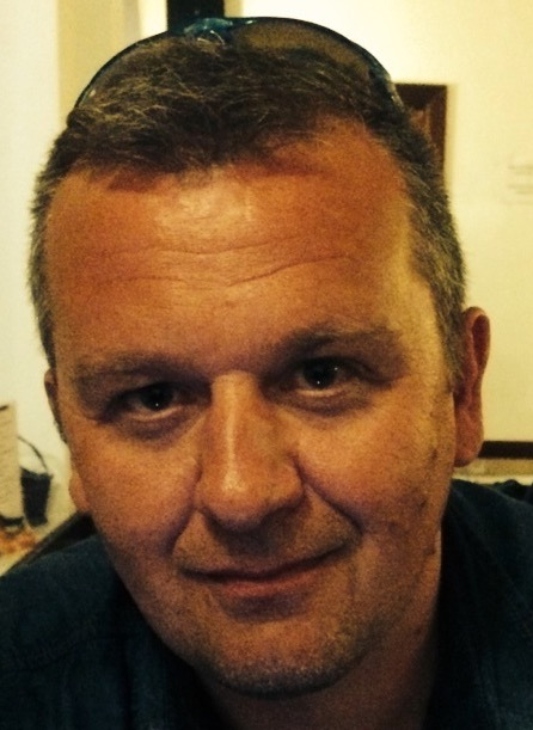
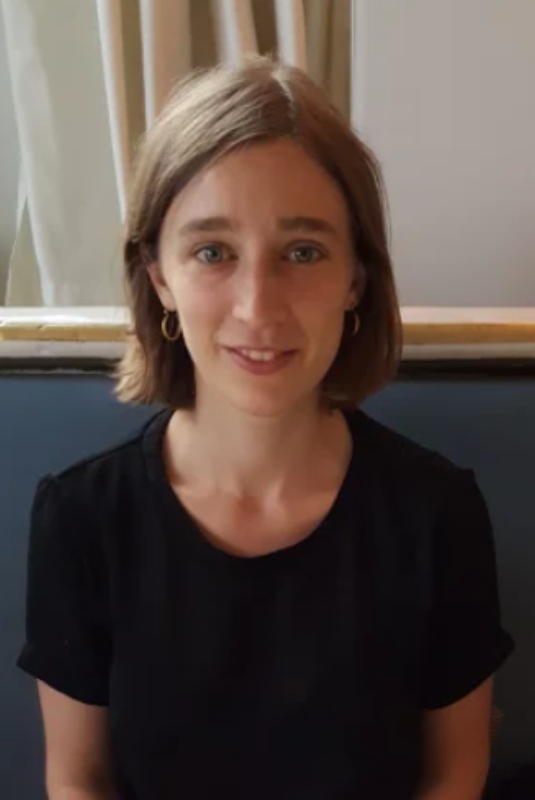
My research focus on Belgian interior paintings in the end of the nineteenth century, against the backdrop of architectural changes in the layout of houses, notably in the Art Nouveau style. It deals with the concepts of domesticity, materiality and intimacy, with a particular emphasis on men's involvement with the domestic sphere, the material culture of artists' homes and the meanings of threshold spaces in the representation of interiors. My corpus of study includes (but is not confined to) James Ensor, Fernand Khnopff, Georges Le Brun, Louise De Hem and Rik Wouters.
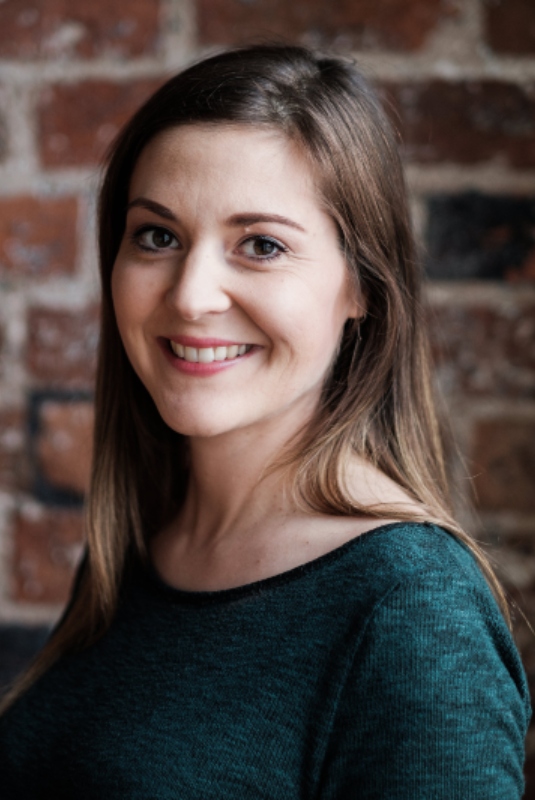
Aisling McCormick is a PhD research candidate in the drama department under the supervision of Dr Aoife McGrath. Her research focus area is dance and maternal health. she is currently investigating past and present collaborations between artists and maternity health services to ascertain the potential benefit of dance as an intervention to improve maternal health. As a freelance dance artist and creative facilitator, and as a mother of two, she has come to this research role with a practical and personal interest. Aisling's profile
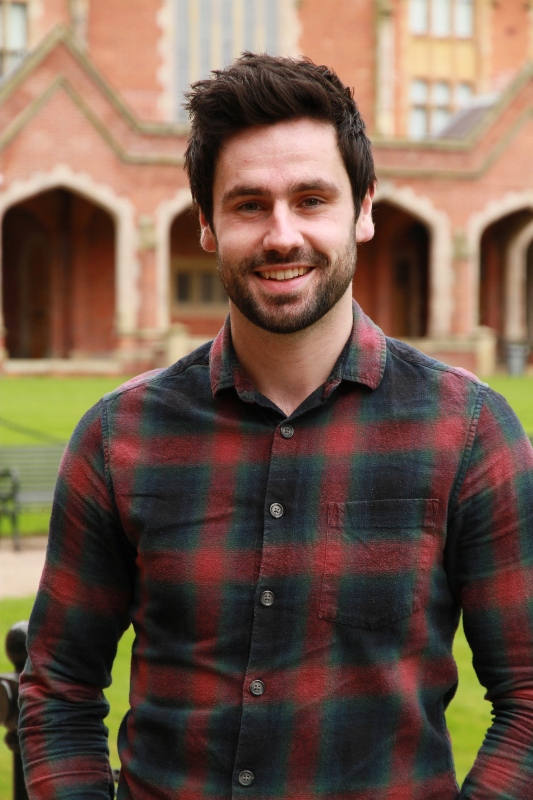
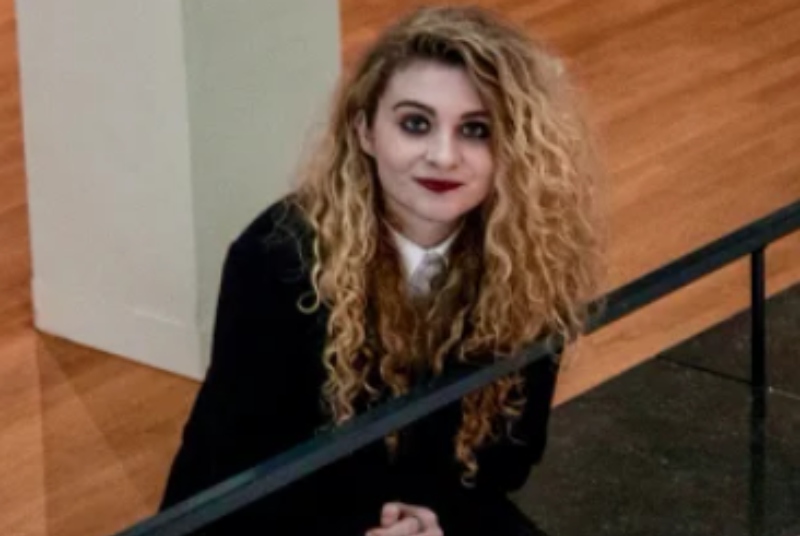
My research is concerned with the intersections that exist between sound and language and the ways in which fiction writers can utilise these connections. The research project is practice based and consists of a novel that portrays multiple, intertwining voices and an accompanying critical essay that analyses the work of authors Eimear McBride and Max Porter. My main areas of interest are Irish writing, hybrid writing, inner voice, sound, memory and the portrayal of grief and trauma in contemporary fiction.
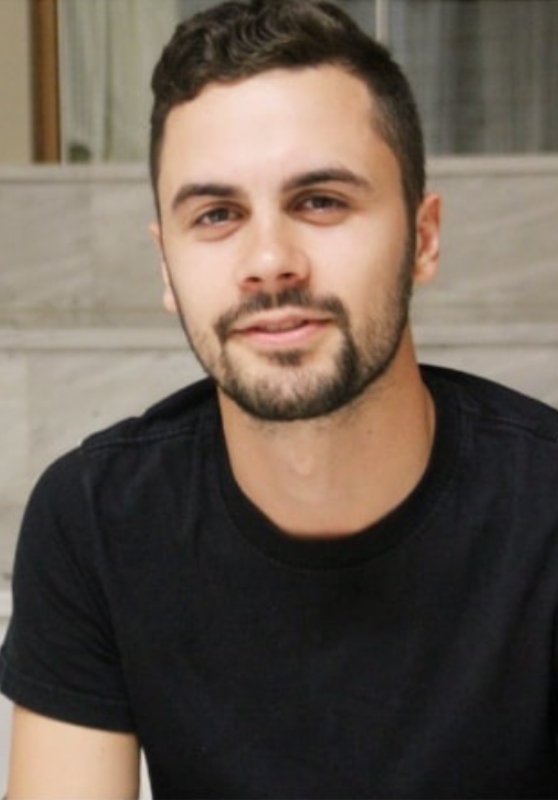
Presently in my PhD, my research reflects Covid-19 and the sonic impacts on urban spaces in Belfast, Northern Ireland. Through artistic practice-led creative projects, there is a focus on how the city sounds like without the presence of humans or the normal amount of human density in these popular or unpopular areas. During a global pandemic, our countries and cities have become literal ghost towns. Once flustered with sounds from human activities, it is now overtaken by urban and natural sound environments.
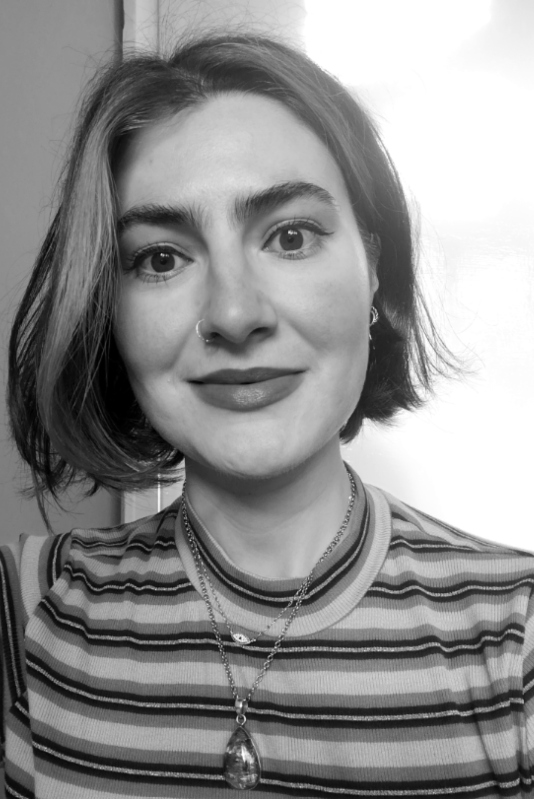
Through an oral history approach, interviewing numerous people in Education, Arts and Activist organisations in Belfast a feature documentary film and accompanying research is being gathered on ways in which feminism is operating on a grassroots level in Belfast currently and in recent years. There is a comparative look at Peace Process era grassroots feminism in this research and an exploration of the nexus of feminist and queer identity politics. A current investigation into how intersectionality operates in practice versus theory is also underway.
